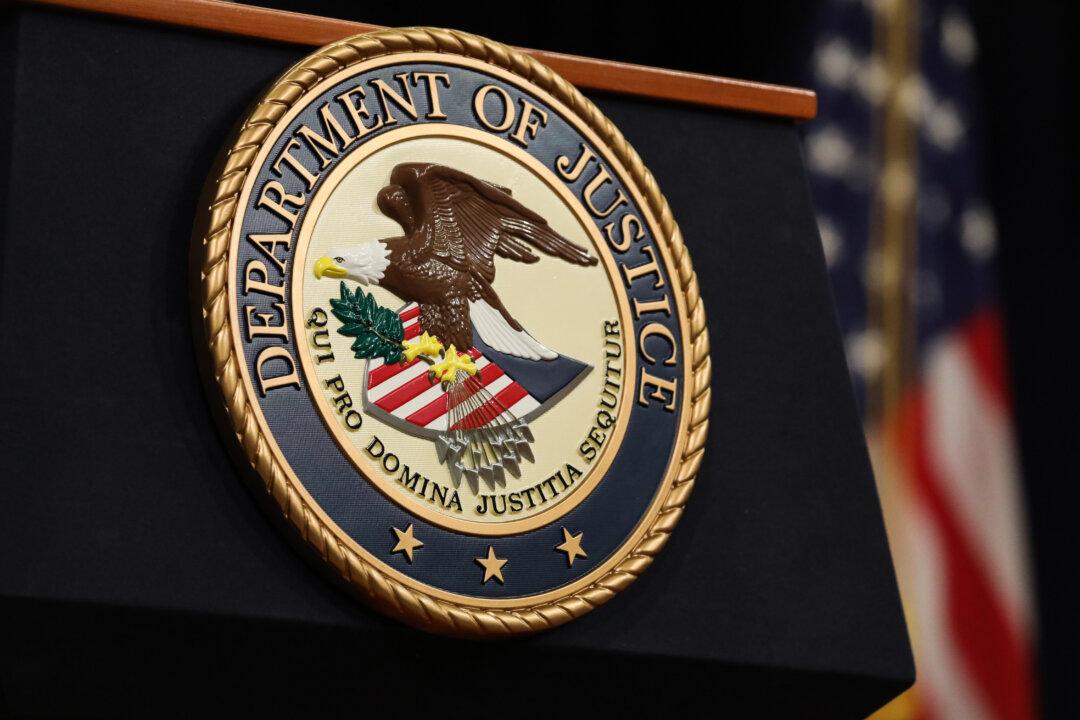The Justice Department has charged two men for their alleged roles in separate schemes to steal and reproduce 3D modeling and autonomous vehicle technology for communist China.
The two cases were announced with three others on May 16, as part of a tranche of prosecutions aimed at squashing crimes related to export violations, smuggling, and thefts of trade secrets.




